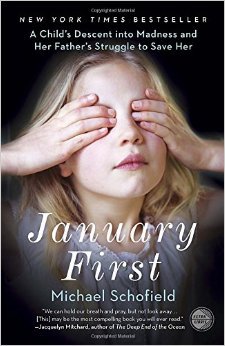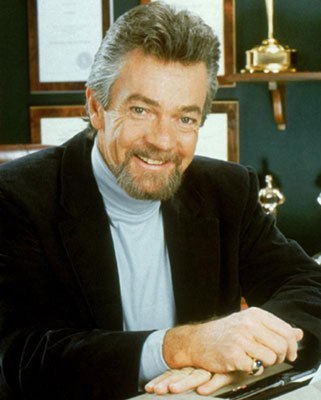
Just before New Year’s, I finished reading Donna Tartt’s The Secret History – a book I’d seen consistently praised across multiple social media platforms (primarily Tumblr and Instagram). My sister had read it before me and recommended it to me, and it sat at the top of my to-read list for a few months at least. When I finally purchased it, the cashier told me it was the “best book she’d read in her life”. Needless to say, I had pretty high expectations going into it.
 seen edits like these?
seen edits like these?
Narrated by the novel’s protagonist and ordinary foil to the ridiculously wealthy group of friends he stumbles into, Richard Papen, the prologue takes the reader directly into the central event – the murder of his friend Bunny. It’s immediately given away that Richard and his friends were the murderers as well, so this was an unconventional murder “mystery” of sorts (Tartt herself describes it as a not a whodunit, but a whydunit). For most of the first chapters of the novel, I’m drawn into the world Tartt has built around this group of students attending a small New England college. Like Richard, when I meet them for the first time, they are mysterious and compelling and charismatic. The only students of the elusive Classics professor Julian Morrow, I too craved to be part of their secret club, I too craved to live a life of old books and quills and stone houses. I loved when I read to possibly the most quoted line in the novel, when Richard is having one of his first lessons with Julian and Julian says, “Beauty is terror. Whatever we call beautiful, we quiver before it.”
However, as the group begins to slip from sanity and normality – not that they were normal: Henry is described to come from a filthy rich family – I found myself beginning to lose interest. In the second half, Tartt’s flowery writing and literary references begin to lose their shine, and thus Henry and Richard and all their friends no longer seem interesting – they simply read as a group of bored college students. The appeal of Julian’s class/club also seems to go downhill. They seem pretentious, self-absorbed, and Julian’s exclusive class simply made it worse. Certainly, I enjoyed when Richard realises in the final act that Julian had only kept them around to bolster his own ego and importance, but there are few other redeeming moments.
I found it incredibly difficult to sympathise with the characters. Richard is quite bland, but I do appreciate that he is meant to have come from more of an “ordinary” background – he functions as a suitable narrator. Regarding Henry, I couldn’t imagine why the group followed him so. His only quality seems to be that he is incredibly rich and has the financial means to pull, well, anything off. He’s able to fly the group around the globe, even stay in a palazzo when he and Bunny head off to Italy. Bunny, I’ll admit, is well written. I loved when he went to dinner with Richard and didn’t want to pay the bill – it was a great insight into his character. But of course he gets murdered halfway down the line. The twins seemed like kind people, but I couldn’t understand why Tartt had written incest into the book. Sure, The Secret History is chock full of sex and drugs – only way a book about some crazy college kids can be written – but Camilla felt like the character most throwaway. She’s the only female member of the Classics club, so of course the majority of the group were in love with her (including her twin, apparently). Her only character trait seems to be that she is incredibly beautiful. The only character I really cared about was Francis – bless his soul – but he isn’t featured heavily, unfortunately.
Of course, I have to say that the novel isn’t all that bad. It’s well written, well crafted – although going into it I felt things were hazy and unexplained for a reason, and expected there to be more clarity at the end – and has got an interesting cast of characters. But I do need to say that I can only care about rich, pretentious college students so much, and most of the book is, quite frankly, just a little dull. It would have been great for Tartt to ditch the posh tone after the first half – surprise, these fancy Classics students aren’t as perfect as they seem – and expand into tearing down the veneers Henry and Camilla and Charles have put up like Tartt did with Julian. But alas.
2.5/5
Share this:




